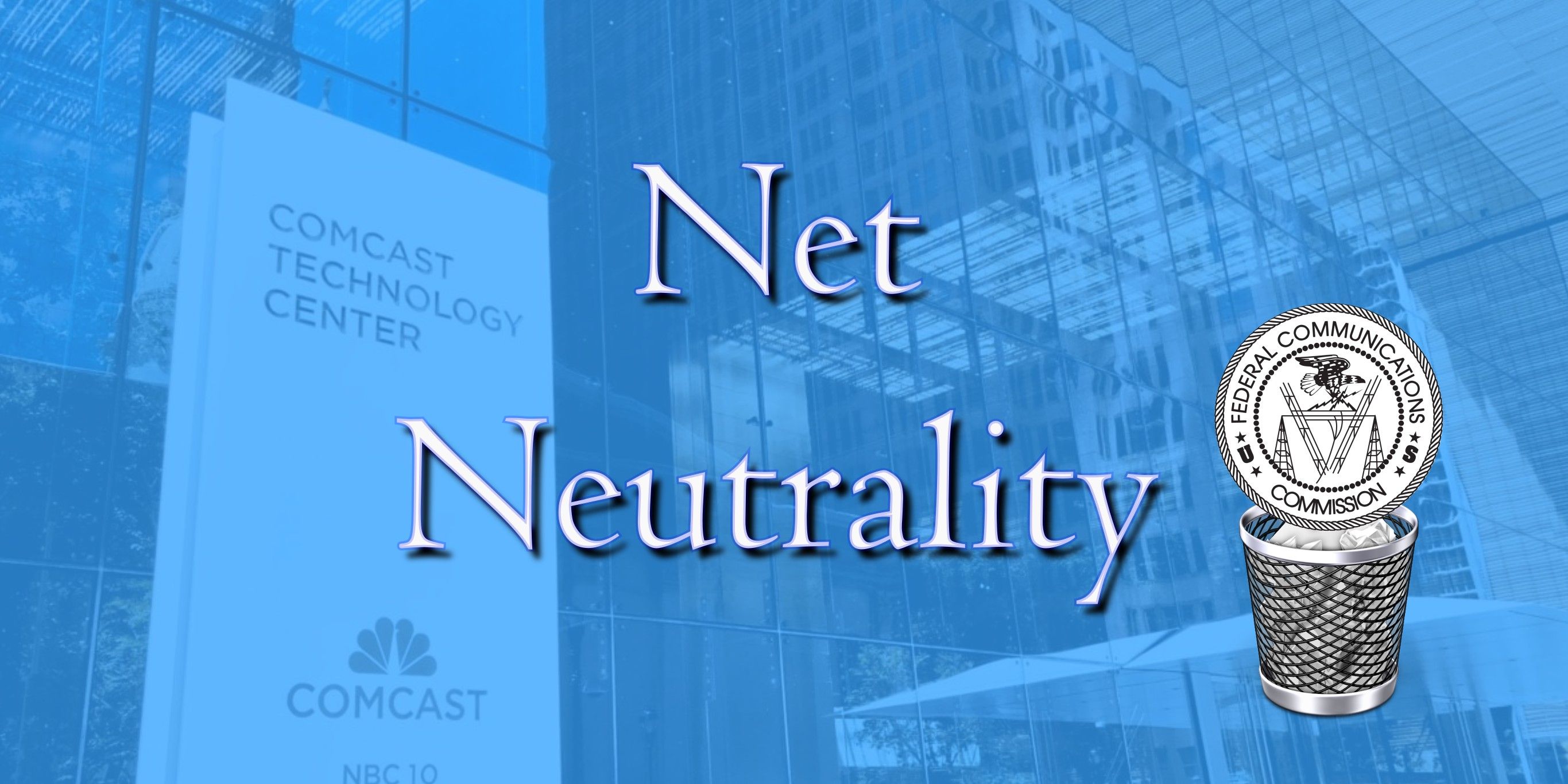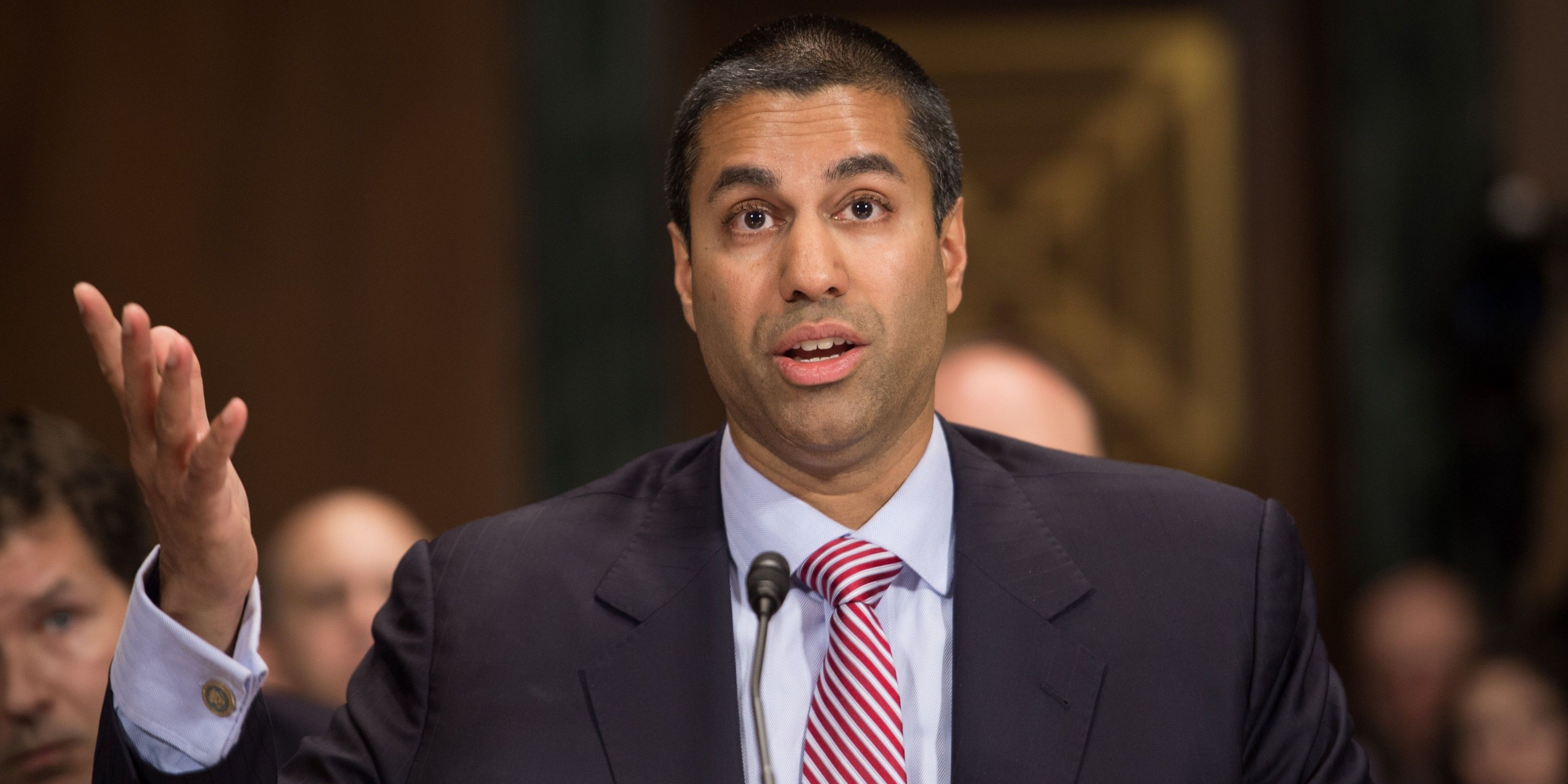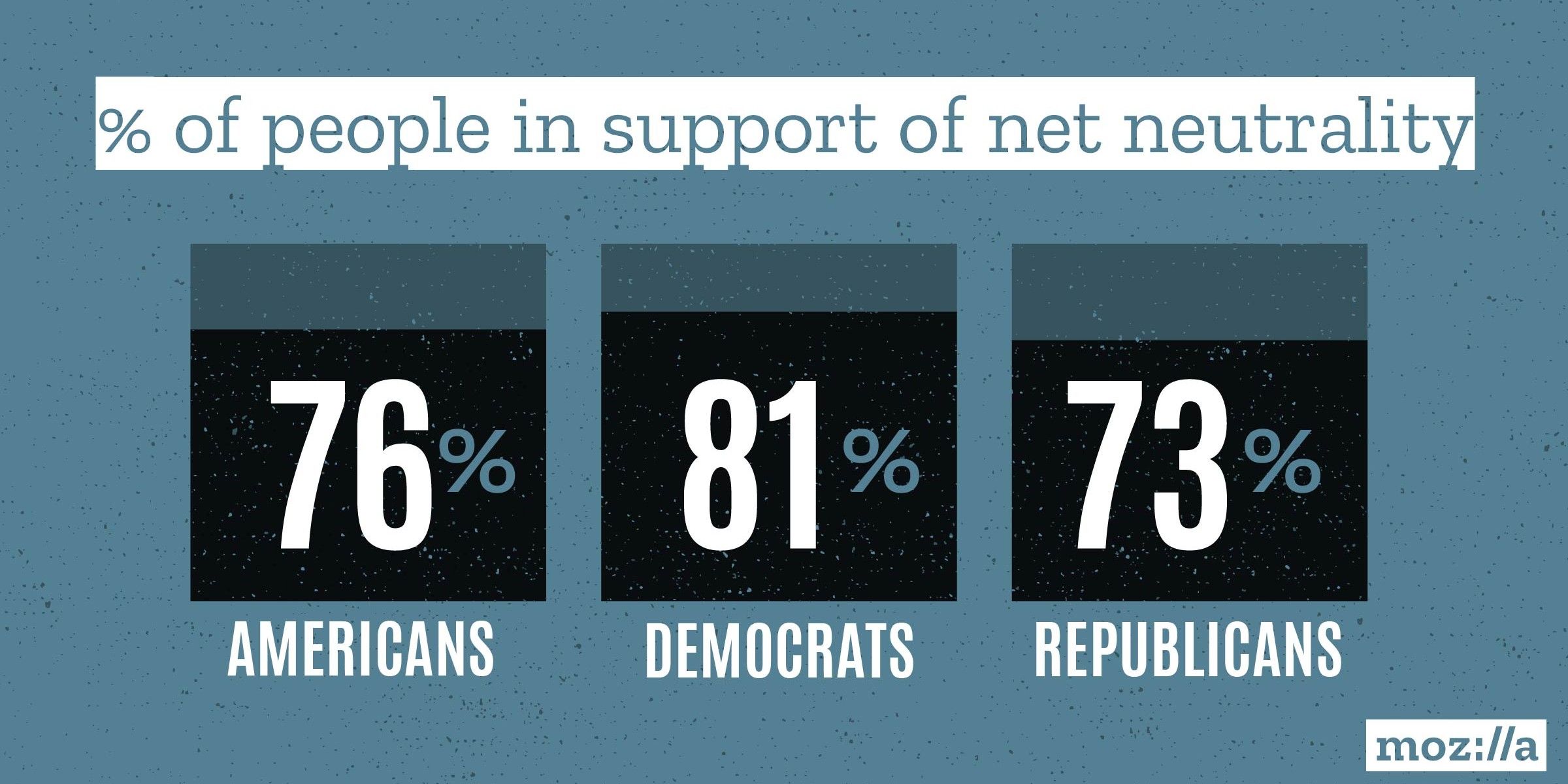The debate over net neutrality has been an ongoing political and corporate battle in the US for over half a decade. While it may seem to have taken a backseat to other contemporary political issues right now, it's still a focal point of political discourse and the problems remain unsolved. Many people understand it's a contentious topic so perhaps now, on the precipice of internet-related breakthroughs like 5G and WiFi 6, is a good time to check in on where the US stands.
Net neutrality is the idea that the internet should present all traffic equally. That means internet service providers (ISPs) like Comcast, Verizon, or AT&T should provide all customers with access to the same websites and keep speeds consistent regardless of which sites customers visit. The goal of the concept is to prevent companies from throttling or accelerating connection speeds in favor of influencing traffic to specific websites.
Unlike most political conflicts, the net neutrality debate is not a social one. It's almost entirely an issue between major telecommunications corporations and... everyone else. Repealing net neutrality serves to benefit zero people outside of executives of some telecom companies and politicians who benefit from their success. For the end-user, the public consensus is that it would provide no benefits.
Why We Stopped Being Net Neutral
In 2017, President Trump appointed Ajit Pai as chair of the FCC. Pai managed to repeal net neutrality standards outlined in 2015, meaning the US is not currently net neutral. The primary reason given for removing net neutrality is that it stifles investment from ISPs into expanding internet infrastructure and developing new technology. Pai's supporters suggest the internet could be better and faster if providers could make the money net neutrality allegedly denies them. Corporations also supported removing net neutrality in favor of charging people who use more data online than others, to increase revenue. In short, ISPs feel they stand to make more money without net neutrality.
Why People Wanted to Keep Net Neutrality
An open, equal internet is most appealing to people because it serves as a wall preventing a flood of anti-consumer business practices. The primary pro-net neutrality argument is that without it, ISPs can create "internet fast lanes", charging customers more money for faster speeds on certain websites or while using certain apps. The obvious negative side of this would be that people who don't use the sites and services with a fast lane could see their connections blocked or slowed. There's a massive corporate benefit to take this route since many ISPs also happen to own or have stakes in many entertainment companies.
If an ISP owns a streaming service, for instance, it has good reason to slow down its customers' Netflix speeds. AT&T has come under fire for just such a practice, offering unlimited data for customers watching Direct TV Now, but not for using other streaming services. There are only a few cases of these types of scenarios occurring in the real world, but there is also nothing preventing it, and net neutrality rules would remove those concerns entirely.
Congress, states, and cities are still allowed to draw up net neutral legislation, and so the fight continues. There are numerous other reasons to keep the internet "free and open", including benefits to small businesses and free speech. Thirty-four states have issued some form of legislation aimed at keeping net neutrality active federally until Congress can force a change.



